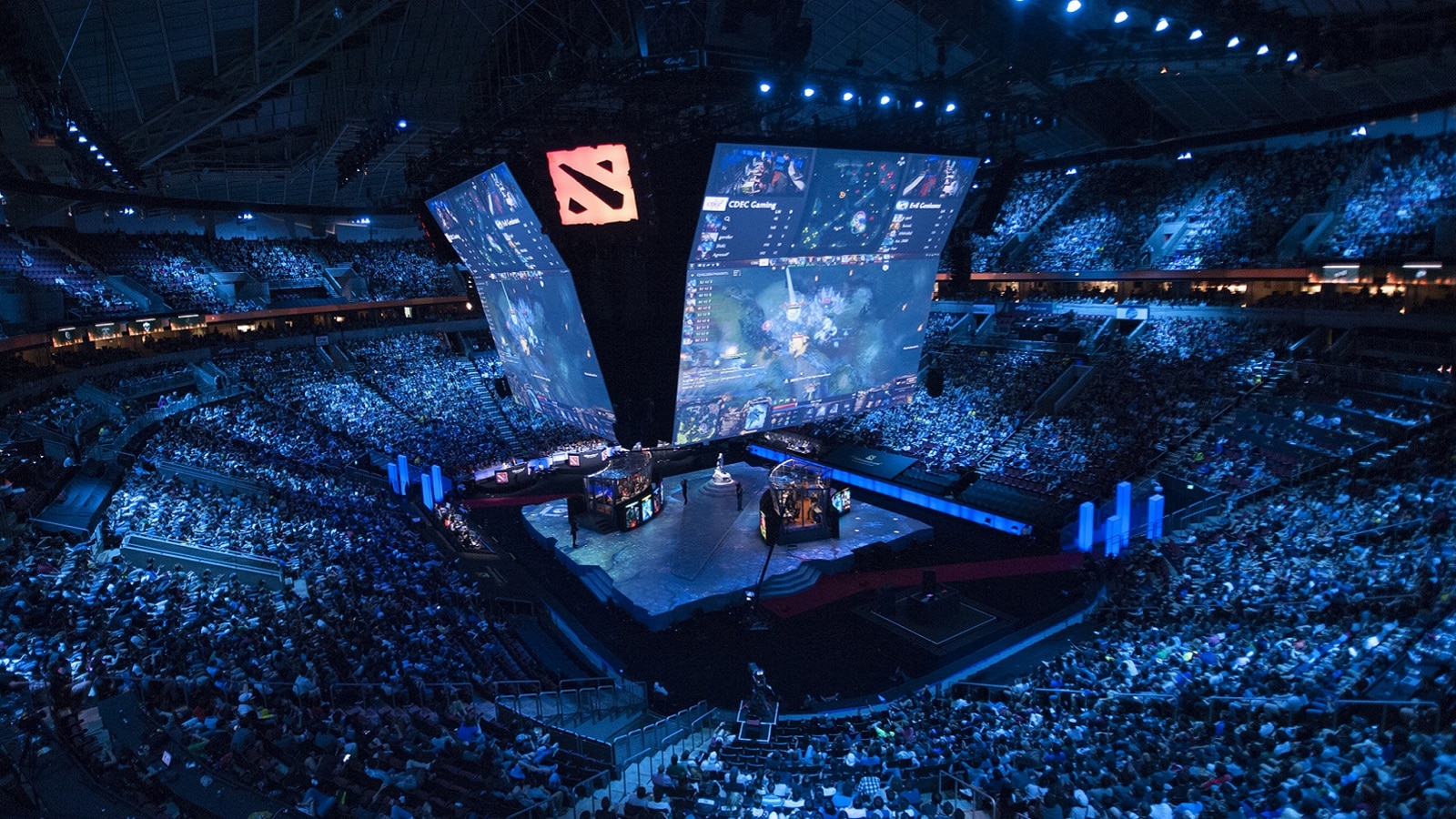Match-Fixing in the Dota 2 Esports Scene
Match-fixing continues to plague the Dota 2 esports scene, even in 2025. On January 8, PGL, a prominent tournament organizer, announced the ban of five North American players for their involvement in match-fixing.
The banned players are:
- Cloud (KK)
- Muhammad “high_shaggy” Ghaznavi (Saadman01)
- Sonic
- ValOdbka
- Dmytro (Logan)
These players were actively participating in North American competitions. While PGL did not provide detailed information about the case, the bans highlight the ongoing issue of match-fixing in the region.
The Impact of Match-Fixing
Match-fixing undermines the integrity and trust in competitive gaming. When players manipulate match outcomes, it affects not only the competitive scene but also the entertainment value for fans. This behavior can lead to a decline in viewer interest and ultimately reduce the financial support for the esports scene.
Professional and semi-professional players set an example for those in lower-level competitions and public games. If match-fixing becomes accepted or normalized, it could destabilize the entire game ecosystem, affecting both competitive standards and casual gaming experiences.
Need for Proactive Measures
Valve, the developer of Dota 2, and tournament organizers need to be more proactive in addressing match-fixing. Lessons learned from other esports, such as Counter-Strike, should be applied to prevent and punish such behavior. Teams should also take responsibility by not signing players with a history of match-fixing.
In recent years, China has taken steps to address match-fixing in their region, showing that proactive measures can make a difference. It is crucial for all stakeholders in the Dota 2 scene to work together to maintain the game’s integrity and ensure fair competition.
Future Actions
To combat match-fixing effectively, there needs to be better communication and cooperation between Valve, tournament organizers, and teams. Implementing stricter penalties and monitoring systems can deter players from engaging in such activities. Additionally, educating players and teams about the consequences of match-fixing can help in preventing future incidents.
The community also plays a vital role in reporting suspicious activities and supporting efforts to maintain the game’s integrity. By working together, the Dota 2 esports scene can ensure a fair and competitive environment for all players and maintain the trust of its fans.






